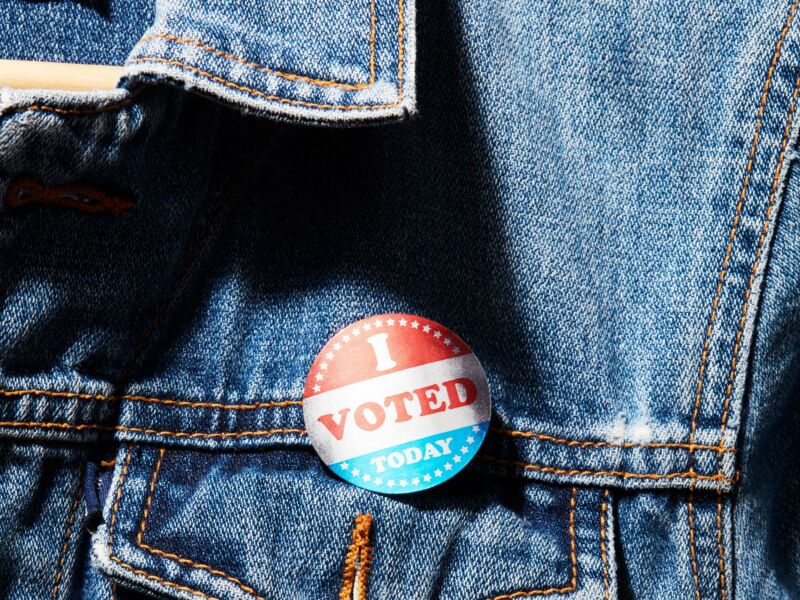Online voting has worked so far, but that doesn’t mean it’s safe

Enlarge (credit: Shana Novak | Getty Images)
West Virginia state Delegate Eric Porterfield is blind and usually votes at a polling place using an accessible voting machine. He would need assistance to fill out a regular mail-in paper ballot, reducing his ability to keep his votes private. But thanks to a state law passed in January to address accessible remote voting, Porterfield has a new alternative for his state's June 9 primary. For the first time, he plans to submit his absentee ballot online.
"The gold standard for you or me or anyone is to be able to fulfill our constitutional right to vote by private ballot," Porterfield says.
The COVID-19 pandemic has made Internet voting options more tempting than ever for election officials across the United States. But election integrity advocates and security experts continue to warn that remote digital voting systems, whether mobile apps or cloud portals, do not have strong enough security guarantees for prime time. On Friday, a group of federal agencies including the Department of Homeland Security's Cybersecurity and Infrastructure Security Agency and the Election Assistance Commission sent a risk assessment to states, warning that "electronic ballot return technologies are high-risk even with controls in place."
Read 22 remaining paragraphs | Comments